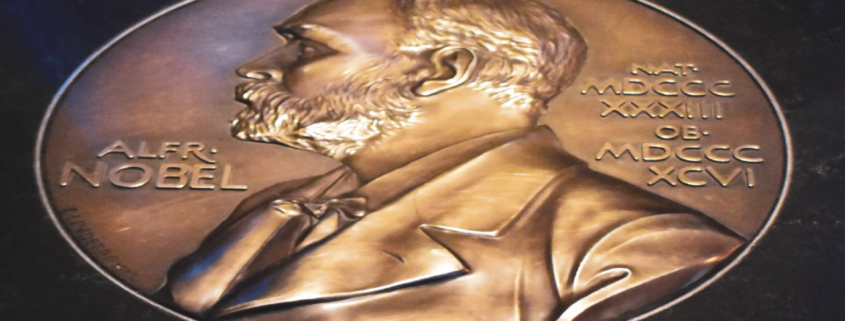Two new names added to the list of hungarian Nobel laureates in 2023
In October, the list of Nobel Prize winners of Hungarian origin was extended to 18. Katalin Karikó was awarded the Nobel Prize for the development of mRNA-based vaccines in the medical-scientific category, while Ferenc Krausz was awarded the Nobel Prize in Physics for experimental methods for generating attosecond light pulses.
Since the Nobel Prize was first awarded in 1901, the United States has been the clear leader in terms of the number of prizes received by each nation in the 122 years that followed. However, if the ranking is based on population, that is, by how many Nobel Prizes are awarded per person in each country, the results are quite different. According to this calculus , the United States comes in at 15th place, while Hungary, with 9.5 million people, jumps to 11th place.
This year, Hungary has improved its position on the population-proportionate Nobel list in two ways, thereby making 2023 an outstanding year for Hungarian science. Firstly, it is an historic moment in that two Hungarian scientists won the Nobel Prize in the same year for the first time. Secondly, it will also go down in the history books as the first year that a Hungarian woman was recognised for her scientific achievements with the prestigious honour. Katalin Karikó was awarded the Nobel Prize in the medical-scientific category for the development of mRNA-based vaccines. This new technology has paved the way for other developments in medicine and pharmaceuticals, with trials showing promising results in the treatment of several types of cancer, including colon cancer.
Born and educated in Hungary, Ferenc Krausz is a physicist who now lives and works in Germany. He and his fellow researchers were the first scientists to produce and measure attosecond pulses of light, thus establishing the science of attophysics. This technique is projected to open the door to significant advances in drug development, including the creation of new medical imaging techniques. These results achieved by Krausz and his team were awarded the Nobel Prize in Physics by the Royal Swedish Academy of Sciences.
Although it may seem obvious how many Nobel Prizes a country has, in reality it is difficult to establish a real ranking among countries for a number of reasons. In the case of Hungary, a t the beginning of the 20th century, the country was still an integral part of the Austro-Hungarian Empire; Bratislava was part of Hungary and a Hungarian city, while Vienna was Austrian. The fact that Austria and Hungary were parts of the same empire means that while Hungary’s first Nobel Prize winner, the Bratislava-born physicist Philip Lénárd, is listed as a Hungarian, the second Hungarian laureate, Róbert Bárány, a doctor, is a prize-winner that both Austria and Hungary are proud of. If we also take into account who was born abroad or emigrated, where their work was carried out and who was a Hungarian citizen, we get an even more nuanced picture. Of the 18 Nobel Prize winners with Hungarian roots, only twelve were born within the borders of historic or present-day Hungary, and four were Hungarian citizens.
It is also interesting to note that the most Hungarian Nobel Prize winners in each category were in the fields of chemistry and medicine: five were awarded the Nobel Prize in Chemistry and five in Medicine. Four were awarded in physics and two in economics. Elie Wiesel, from a Hungarian Jewish family in Transylvania, was awarded the Nobel Peace Prize in 1986. Imre Kertész was awarded a literary prize for his novel Sorstalanság by the Royal Swedish Academy of Sciences in 2002. He is the only Hungarian laureate to have been born and died in Budapest, in what is now Hungary, and to have written and worked there.


